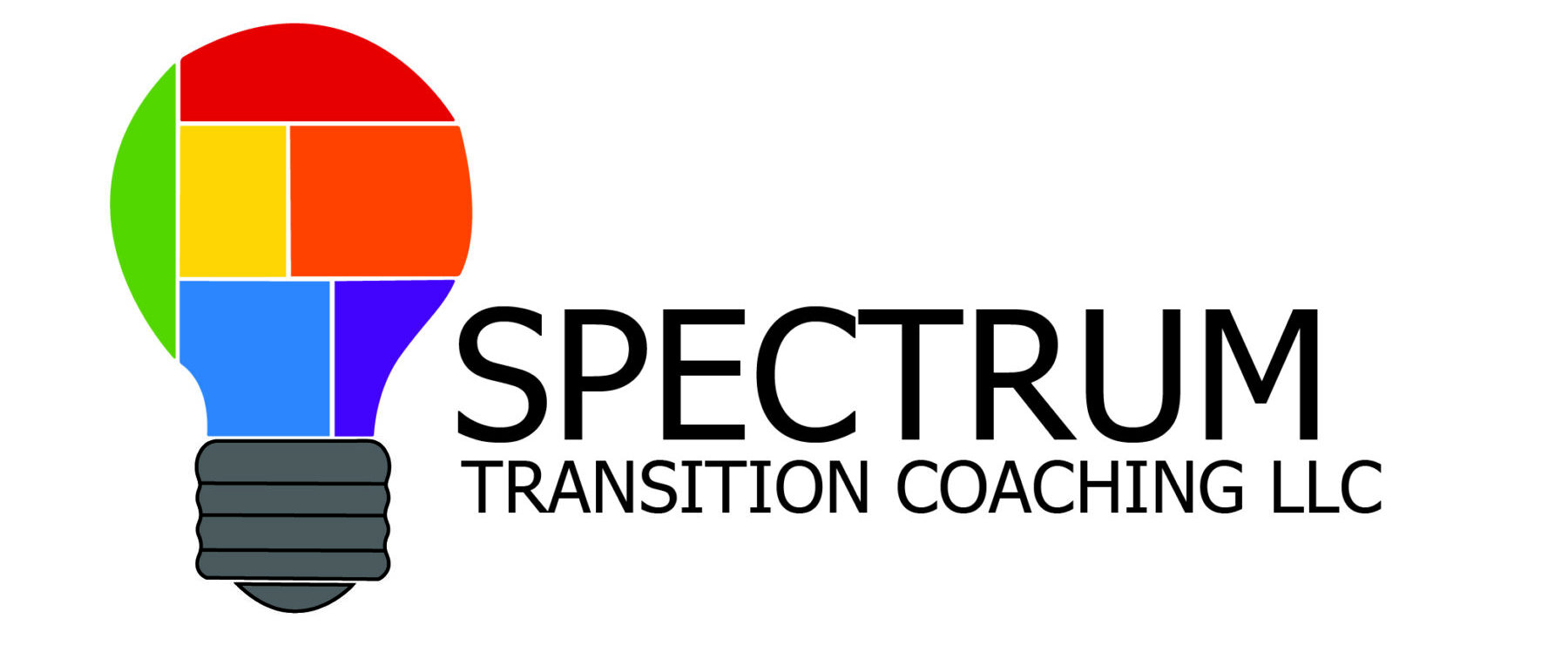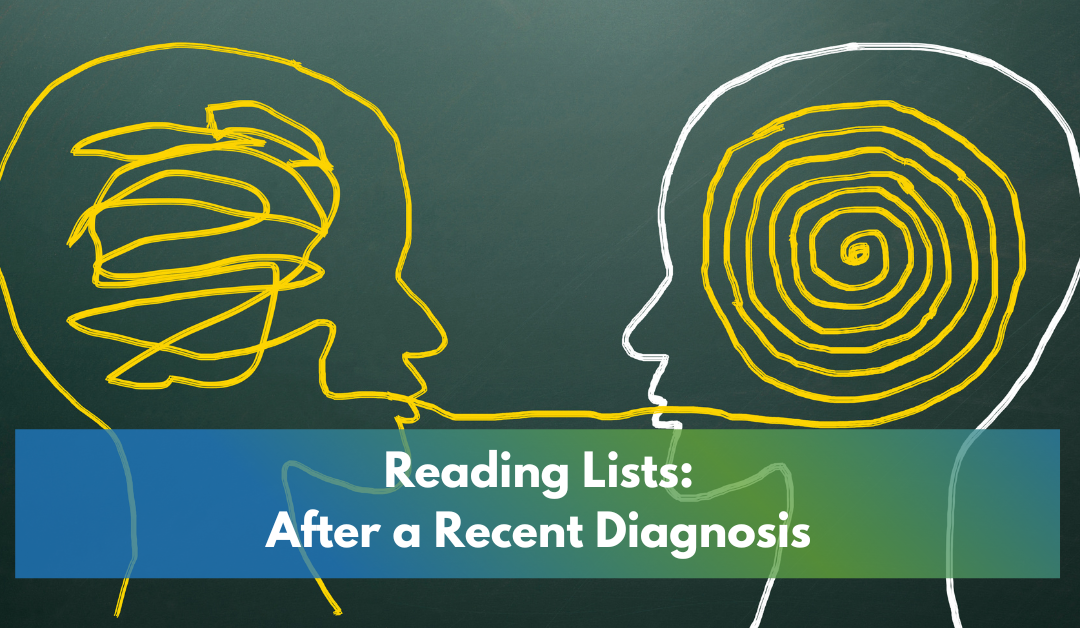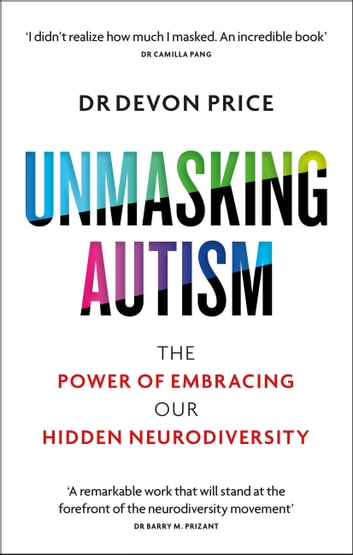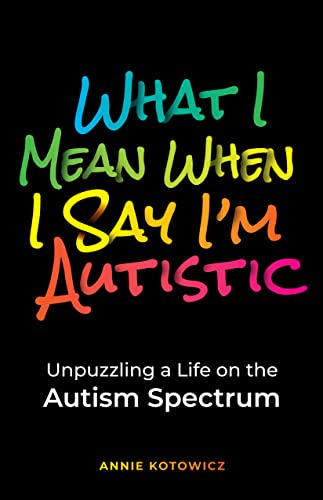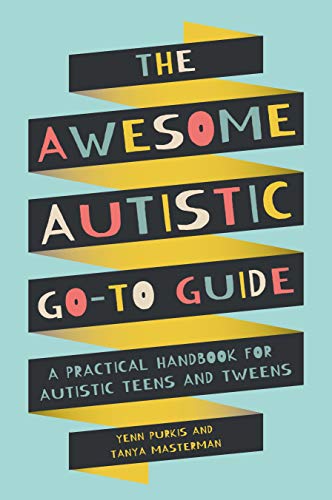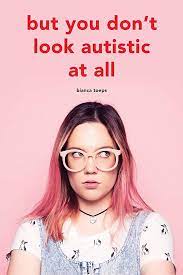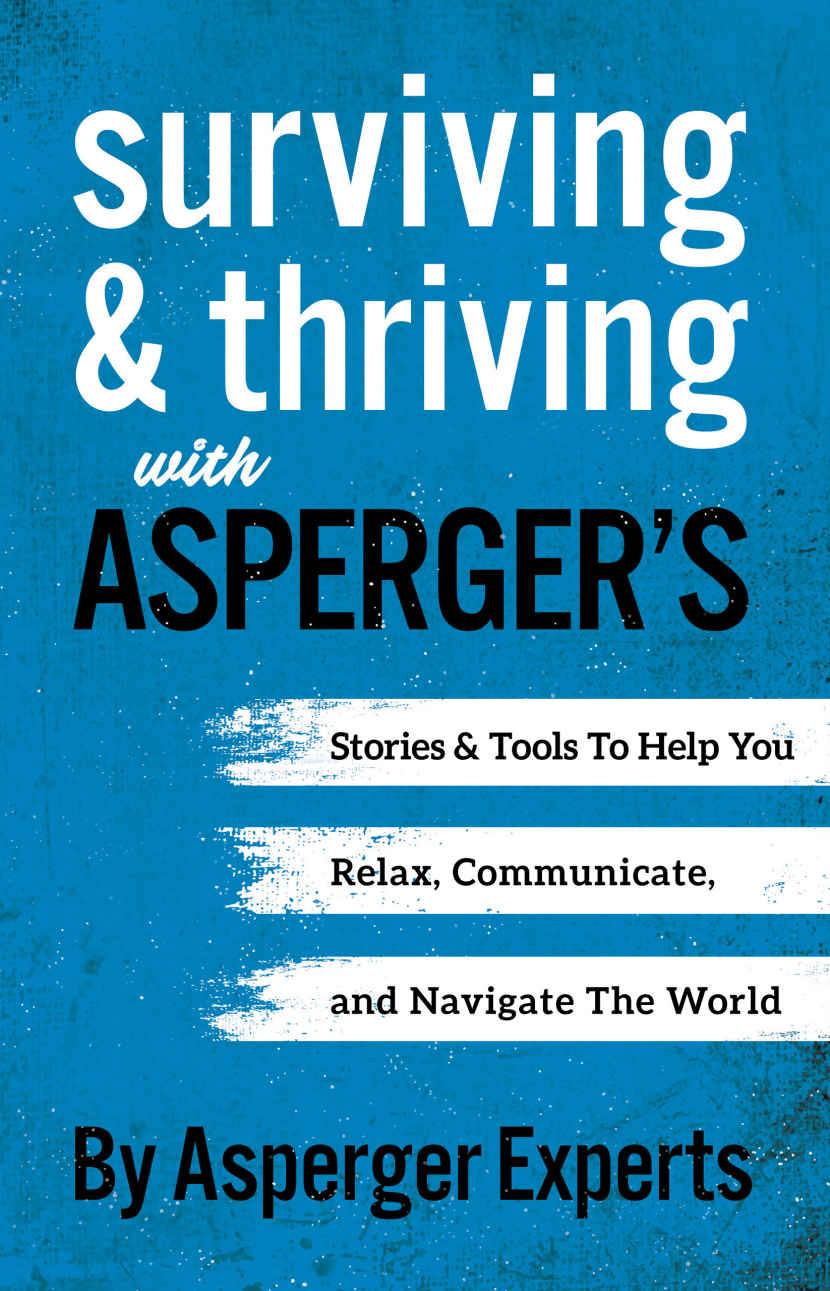The first few months after an autism diagnosis are a blur. At times, you might feel grateful to put a name to the swirl of experiences that your family has been through. At other times, you might feel frustrated with the label or overwhelmed with the services you need to research and arrange for your student.
I often remind parents to take a deep breath and do some research before making any big decisions regarding their student. Read the evaluation report carefully and ask questions. Share the diagnosis with your child, their educational team, and close family and friends. Explore all options before making major changes.
Instead, view this time as a learning opportunity. There is a wealth of information about autism now that parents even one generation ago could never have dreamt of. Your child will have access to tools, resources and therapies to help their unique personality thrive. This season is one for learning, for understanding, and for listening.
Important note: I find each of these books to have valuable information for parents of autistic young adults. However, they do cover some controversial topics which may not align completely with my personal views. As always, read thoughtfully and decide what is best for your unique family.
Unmasking Autism: Discovering the New Faces of Neurodiversity by Devon Price
Masking is a coping mechanism where an autistic person hides personality traits that are outside of societal norms in order to fit in and gain acceptance. In this throughtful and broad-reaching book, Dr. Price shares his experience as well as observations from history, social science, and personal reflection. He describes 4 key ways to unmask autism:
- Celebrating special interest
- Cultivating autistic relationships
- Reframing autistic stereotypes
- Rediscovering your values
I highly recommend this book as a helpful way to understand and embrace your student’s recent diagnosis.
Uniquely Human: A Different Way of Seeing Autism by Barry M. Prizant, Ph.D.
Many parents of autistic children struggle with the label of ‘special needs’ or ‘disability.’ Autism may bring certain challenges but it also can bring incredible gifts, talents and capabilities for our wonderful kids.
Uniquely Human was one of the first books to share this new way of thinking about autism. It does not aim to eliminate symptoms, but rather to understand each individual and the reasons behind their behavior. This review says it best: “Prizant is a respected voice in the autism community, and the methods demonstrated here are backed by case study and experience. Parents, especially parents of the newly diagnosed, may find a ray of hope in the often bleak landscape of early diagnosis and the endless search for answers and information that inevitably results.” ― Library Journal
What I Mean When I Say I’m Autistic by Annie Kotowicz
Inpired by her blog, Neurobeautiful, this book offers a unique look inside the mind of an autistic woman. I recommend this book for anyone who loves someone with autism to gain a better understanding of how they think.
Written with a personal perspective, this memoir is a useful balance to the more scientific books and articles you’ll also find in your research.
The Awesome Autistics Go-To Guide for Teens and Tweens by Yenn Purkis
With interactive pages and journal prompts, I recommend this book to autistic teenagers all the time. It’s a helpful tool for young adults to process their recent diagnosis in their own time and space.
Parents can also benefit from reading this approachable guide but this is one to share with your student too.
What I really like about this book is how it celebrates the unique perspective that your autistic student brings to the world. During this time of self-discovery, it’s important for teens to hear that their unique qualities are something to be celebrated, not hidden.
But You Don’t Look Autistic At All by Bianca Toeps
When a loved one receives an autism diagnosis, it’s easy to start thinking about the stereotypes of autistic adults that we’ve seen in movies or on tv. Thankfully, we’re seeing much more authentic and honest representations of autism on big and little screens recently. “As We See It” on Amazon is a great series to check out – read my perspective on this series here.
It’s important to put those stereotypes aside as you discover what autism means to your student. Autism presents itself in different ways in every individual and this book is a great reminder of that.
Surviving & Thriving With Asperger’s by Asperger Experts
Full of practical advice and real world perspectives, this book shares tactical steps and advice to help both you and your student navigate this new world together. Written by the people at Asperger Experts, this collection of stories is designed to be easily digested. At only 73 pages, it’s a quick read but it packs a punch.
Here’s what you’ll find inside:
Chapter 1: Definition of Asperger’s
Chapter 2: My Story
Chapter 3: Picky Eating
Chapter 4: Hygiene
Chapter 5: Defense Mode
Chapter 6: Stress and Self Care
Chapter 7: Stories, Perspectives & Getting Help
Receiving an autism diagnosis can be an unsettling time for your family. I encourage you to embrace this season and lean into learning and understanding as you navigate this new development.
If you’d like to discuss your family’s unique situation or learn more about our coaching packages, schedule a complimentary intro call here.
